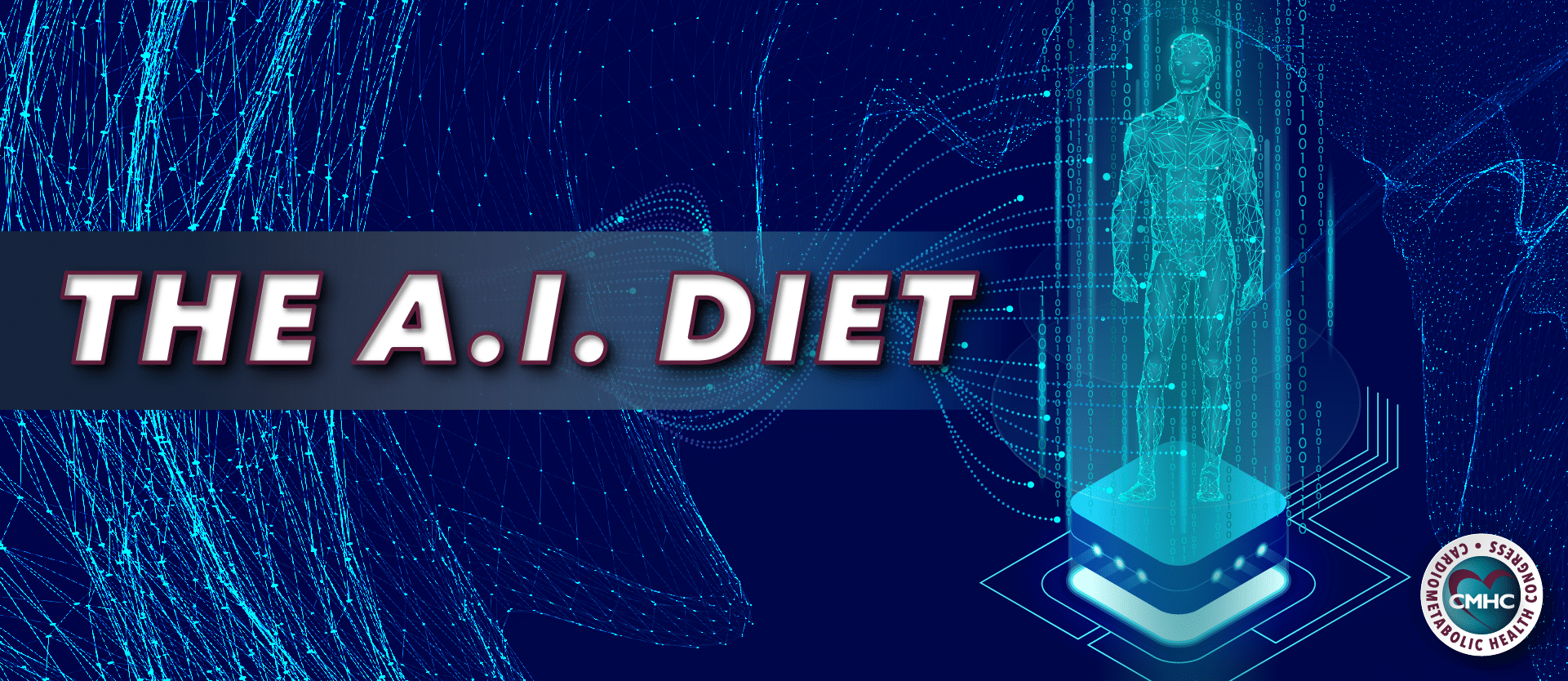Decades of nutritional fads, ranging from the Atkins diet to the more recently popularized ketogenic diet, have lulled us into a false sense of belief in a universal diet: with collective benefits applicable to each and every participant. Yet with the development of innovative research methods and newly available technology, commonly accepted ideas in the field of nutrition are being questioned. As we begin to understand the multitude of factors that influence our dietary recommendations, it is becoming increasingly clear that the idea of one optimal diet for all people is fundamentally flawed.
In the field of nutrition, high-quality randomized trials are difficult to conduct, as they require subjects to adhere to diets for several years—while most other studies are observational, with high chances of human error. The development of artificial intelligence now allows researchers to gather and analyze extensive data sets, resulting in an all-encompassing portrait of a person’s health metrics: specifically, the factors that may influence their digestive functions and respective nutritional needs.
Within the growing field of nutrition-focused artificial intelligence, nutrigenomics—or the integration of genomic science with nutrition—is becoming more popular and consumer-facing. Specialized DNA tests focus on various aspects of a person’s microbiome including lifestyle, genetics, and environment: yielding a personalized diet plan crafted from billions of data pieces about each person. These tests provide nutritional guidance based on the nutrigenomic whole system approach, in contrast to previous generalized diet fads.
Analyzing a breadth of personal health metrics is becoming possible due to advances in artificial intelligence technology. Scientists Eran Segal and Eran Elinav of the Weizmann Institute of Science in Israel recently conducted a highly-specialized study on the variability in post-meal glucose levels using personal and microbiome features to predict glucose responses in patients lowering post-meal glucose levels as a result. With the help of machine learning, a type of artificial intelligence, the researchers were able to gather and analyze a data set of more than 1.5 million glucose measurements with varying external factors. Findings revealed the fundamental role of gut bacteria in glycemic responses, contrary to the previously held belief of food as the key determinant.
As technological capabilities grow, the field of artificial intelligence-based nutrition likewise continues to progress. Additional recent studies have used another subtype of A.I. called deep learning to analyze smartphone photos of meals, in order to streamline the food logging process and eliminate the risk of human error involved. However, in order to obtain a comprehensive set of data, factors such as activity levels, sleep patterns, medication consumption, and microbiome functioning need to be integrated into the data set. This will be achieved through the implementation of advanced algorithms that will ultimately track the necessary health metrics for the development of a truly personalized diet.


















